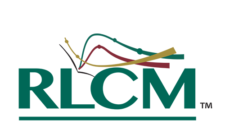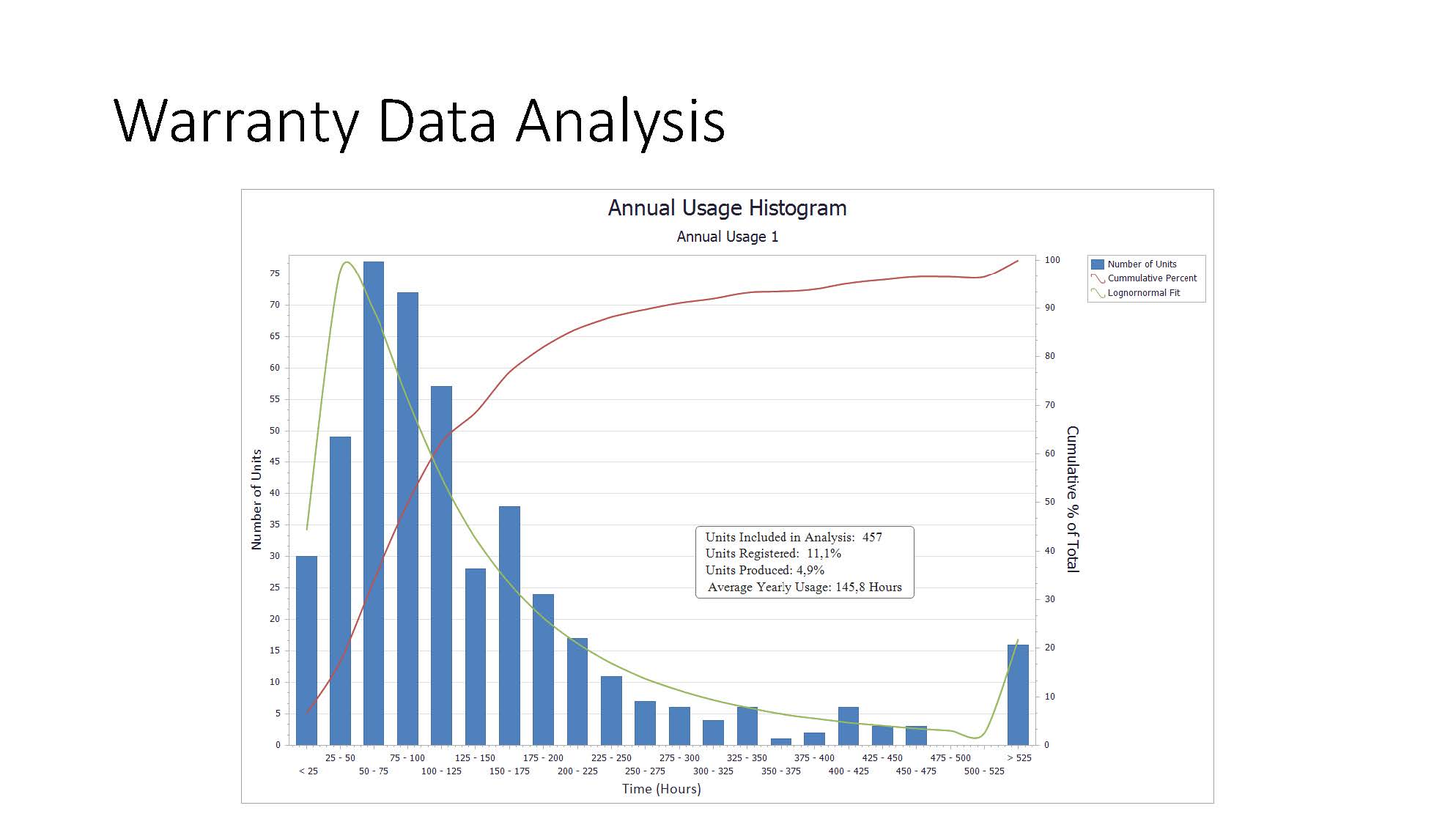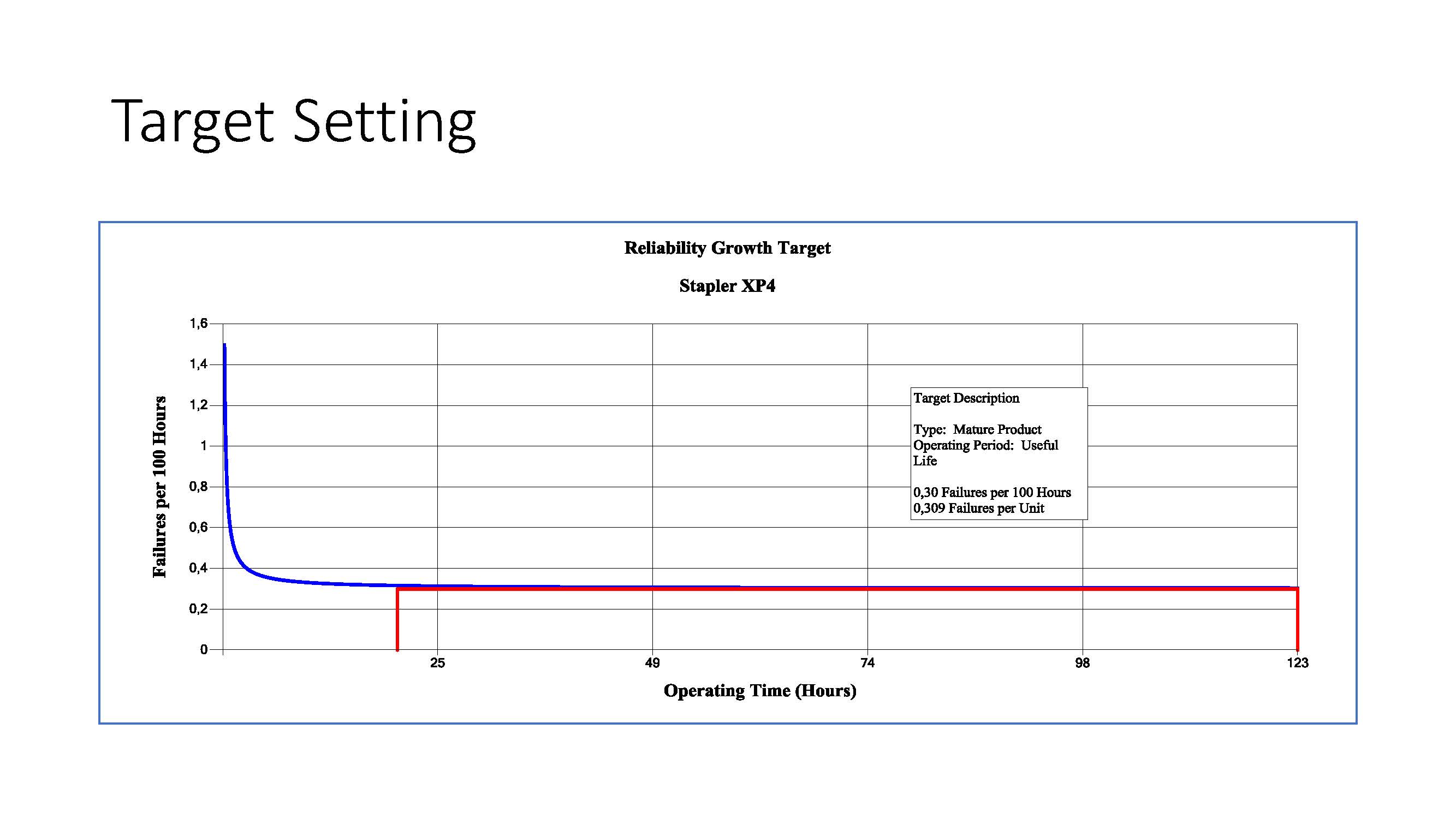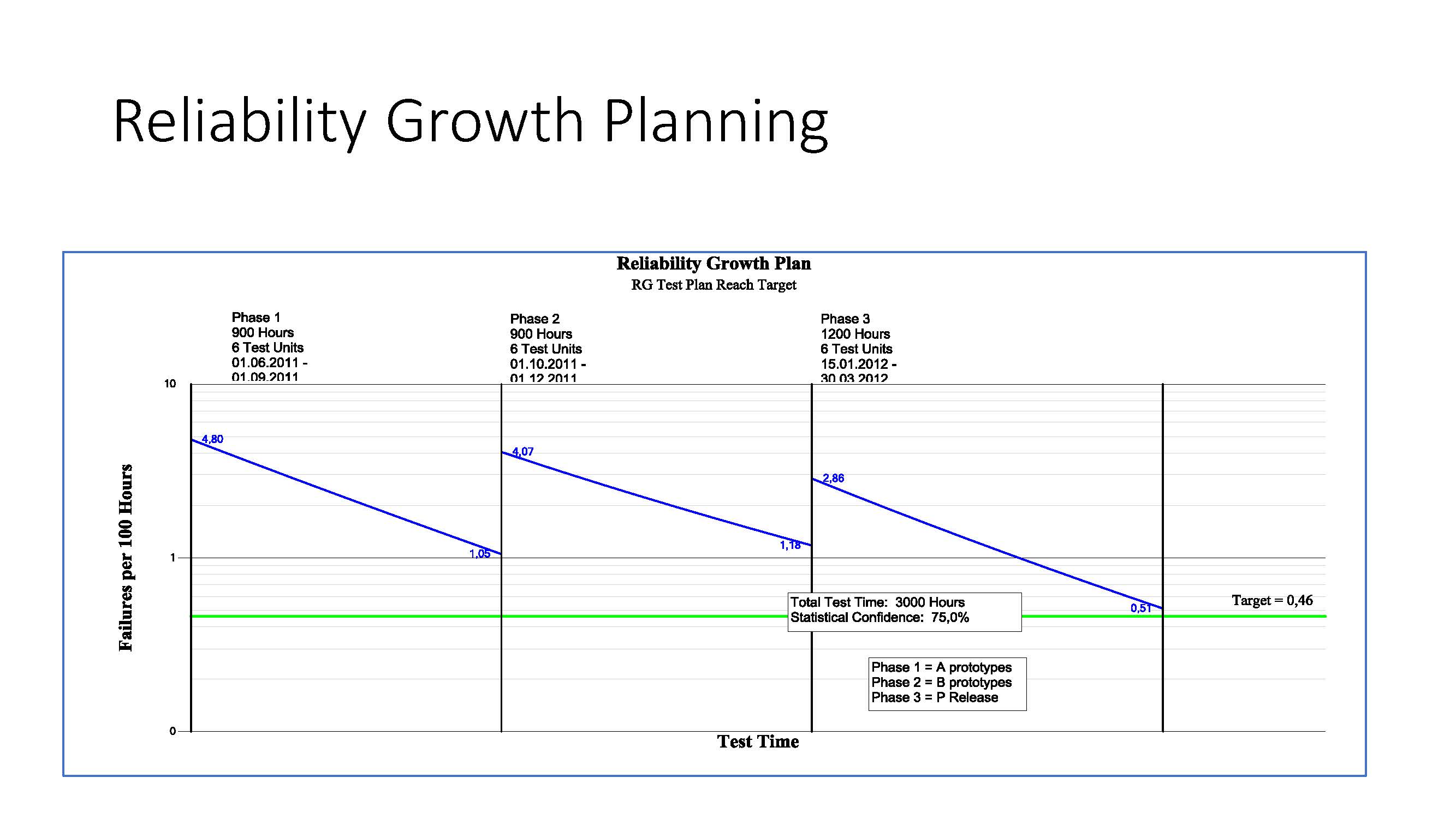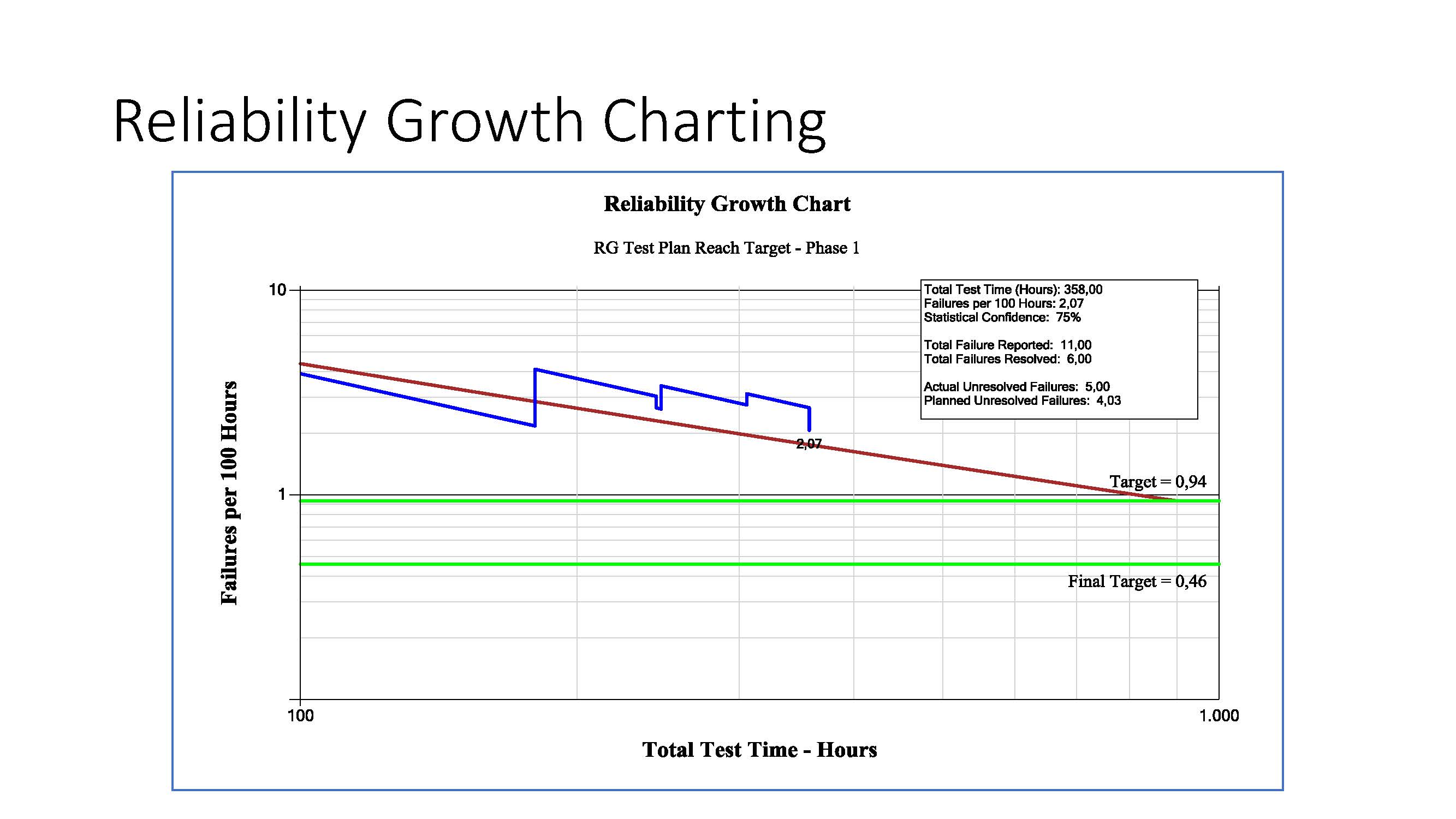RelPath® Reliability Software
RelPath® Reliability Software was created to assist companies in the fast, effective, and consistent application of the Reliability Life Cycle Management (RLCM) methodology. RLCM is a framework to ensure the application of reliability practices within a company.
Without an effective Reliability Process, it would be practically impossible to economically develop a “world class” product in terms of reliability. Dramatic improvements in product reliability must be made in a minimum amount of time, using proactive reliability methods and a limited number of test units.
RelPath® Functionality & Objectives
RelPath® Objectives
The following are the objectives of Reliability Life Cycle Management:
More Integrated User Forms for Quicker Data Input
Improved Project Situational Awareness
RelPath® Functionality
New Content Analysis – Used to determine the amount of new content in a product which in turn will define the initial product reliability. The user is able to perform 2 types of New Content Analyses, one for Useful Life and one for Early Life.
Proactive Reliability Planning – Used to plan proactive reliability activities and tasks.
Program Planning – Used to decide the number of phases in the Reliability Growth program and the timing, test hours, number of test units, starting point, and end point of each phase. The user is able to perform 2 types of Program Planning, one for Useful Life and one for Early Life.
Growth Charting – Used to plot and analyze predicted versus actual Reliability Growth. The user can perform 2 types of Growth Charting one for Useful Life and one for Early Life.
New Early Life Reliability Planning Capability
Raising the Value of Your Product Development Efforts
RelPath® Training Services
-
Reliability and quality management programs
-
Problem Solving Techniques, Six Sigma
-
FMEA, ALT, HALT, Reliability Growth, Weibull analysis
-
Project Management Software for Reliability
-
Industry Benchmarking
-
Requirements gathering, analysis and management
-
Product and process availability studies


